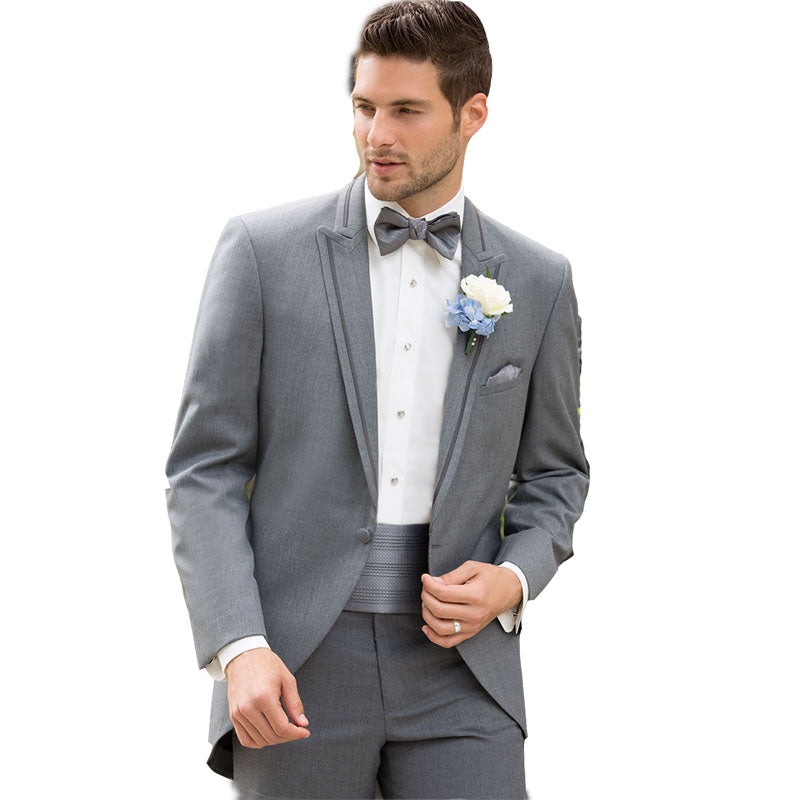
How to get the suit that is best for you
Buying a suit is a surprisingly scientific process. You have to take into account all kinds of factors, such as climate, how many hours per day the suit will be worn, and even the terrain where you'll be wearing it. If you don't give proper thought to the essential data, you may find you don't get the best results. Considering what an important investment a suit is, you really should not be settling for less than perfect.
Price is not the factor you should pay the most attention to. Many suit buyers make the mistake of thinking that the price of a suit has a direct relationship to the quality that can be expected, but in fact there are many people who have paid thousands for a suit and still been disappointed with the results. On the other hand, some people have paid less than $100 for their suit and end up being absolutely delighted.
It doesn't have to be difficult and it doesn't have to be expensive. Simply knowing what you want and why you want it will be a major help in making sure your suit really does suit you.
Think first of all about where you live. If you're from Los Angeles, you'll be better off if you choose a suit style that will help you keep cool and comfortable all day. That means light fabrics, light colors, and a comfortably loose fit. If you're not sure what difference the color makes, it is because dark colors absorb more UV light, so in sunny environments like Los Angeles or San Diego, a dark suit will have a shorter lifespan. UV light will weaken the fabric and also will have a tendency to cause fading, so in very sunny locations, dark suits are a poor choice.
If you live in Boston, you'd have the opposite problem. There you will want heavier materials for most of the year, and you'll probably need separate winter and summer suits. Darker colors will suit the more formal business environment of the east coast and you have less reason for concern about the effects of UV light. For winter wear in these colder climates, the main thing to think about is getting the most warmth for the least weight, and how many layers you'll need to wear to stay comfortable. For summer in these locations, you will find that a shade of gray will give you a good balance of keeping a traditional look and still being relatively UV resistant.
Then of course you must also consider the look. Your suit should be helping you make a good first impression, so it is important that it looks right for the environment where you'll be wearing it. If your suit is for the most formal day time occasions such as weddings and funerals, you'll want peaked lapels and possibly a bit more length from shoulder to waist. Business clothing should be a little more compact and have notched lapels. If you're attending very formal occasions at night, you'll want a good dinner jacket or tuxedo with shawl lapels, plus all the right accessories.
As you can see, choosing the right suit can be a lot of work, but if you figure out the basics before getting started, it means making the right choice is much easier. If you really get stuck, it's best to talk with your tailor and discuss the relevant factors, and that way you can get good advice and service that is personally tailored to you. The benefit is that tailors know a lot about suits and they have a real interest in making sure you get a result that you're happy with.
For good advice, fast service, and value prices, StudioSuits is one of the top choices for suits of all
kinds. You can't go wrong, as long as you know exactly what you want. When you don't know, ask for help, and you'll be surprised how easy it is to match a suit to your needs.

